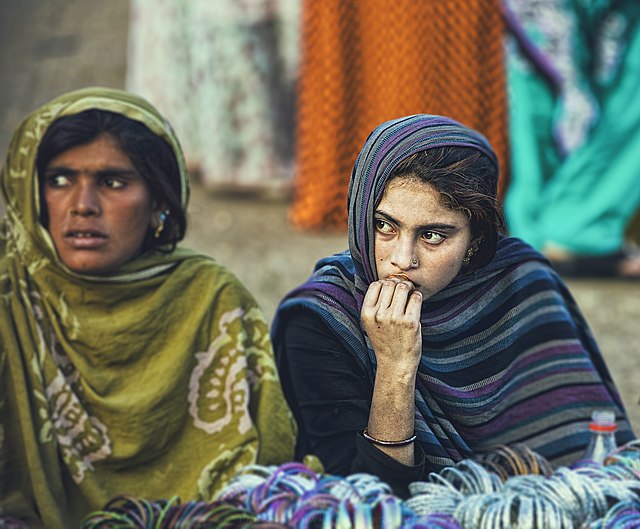The next main meeting of the Middle Way Network will be on Zoom at 7pm UK time on Sun 11th Apr 2021. In this, the fourth and last of our meetings on the Middle Way in moral and political issues, Nina Davies, who is a member of the Middle Way Society, will give a talk on applying the Middle Way to ethical issues involving sex and gender.
Nina introduces her talk as follows: “Muravchik and Shields published their ethnography ‘Trump’s Democrats’ in August 2020. After years of pondering the attraction of Trump, I was convinced by their simple finding that he was a recognisable leader in communities with a traditional ‘honour and shame’ understanding of morality. This started me on a journey of looking at how the gender performance of machismo and misogynistic attitudes bubble up in societies we assume dominated by the ‘Western Liberal’ values. I have considered how honour and shame have become moral framework of social media, where truth and evidence are less important than reputation and status. In my talk I will demonstrate how identifying ‘honour and shame’ morality at work allows a great opportunity for Middle Way Philosophy.”

In this Network meeting there will be a short talk on this topic, followed by questions, then discussion in regionalised breakout groups, and a plenary session at the end. If you’re interested in joining us but are not already part of the Network, please see the general Network page to sign up. All the videos of previous Network stimulus talks are now indexed on this page.
Here is the video of the talk:
Suggested questions
These are three questions that may help you think about how you may have experienced an honour and shame morality system:
To what extent are marriage rituals a performance of traditional honour and shame values? Think about the difference in gender and kinship roles and how this may or may not illustrate aspects of honour and shame.
Have you ever felt obliged to return a favour or to show loyalty to a friend or relative? In what way is honour and shame morality at work in this situation?
Are their any circumstances under which would you consider your reputation or the reputation of your company or your team more important than the truth? Would that involve the hiding or disregarding of certain information?
Here are some resources recommended by Nina:
“Stephanie Muravchik – Ricochet” https://ricochet.com/guests/stephanie-muravchik/
“The Last Days of August on Apple Podcasts” https://podcasts.apple.com/gb/podcast/the-last-days-of-august/id1258779354
Contrapoints on JK Rowling’s Twitter experience following her ‘gender critical’ posts and article.
Contemporary examples of traditional honour and shame morality:
“BBC iPlayer – Murdered for Love? Samia Shahid” https://www.bbc.co.uk/iplayer/episode/b09qjltw/murdered-for-love-samia-shahid
Gypsy Blood documentary, 2012:
